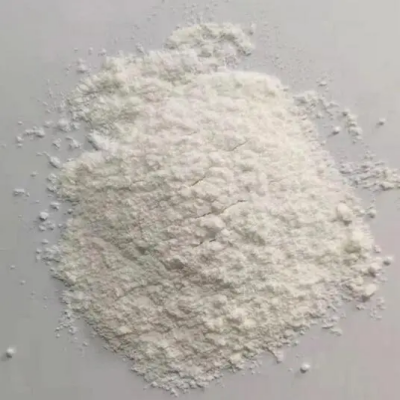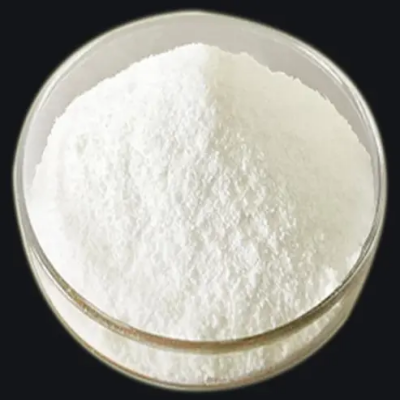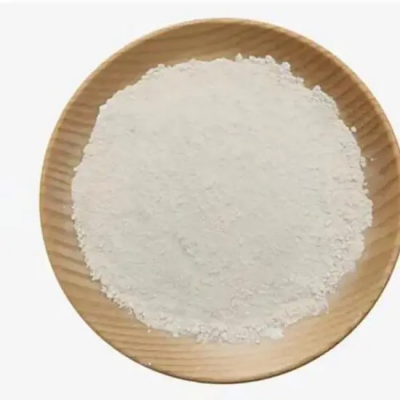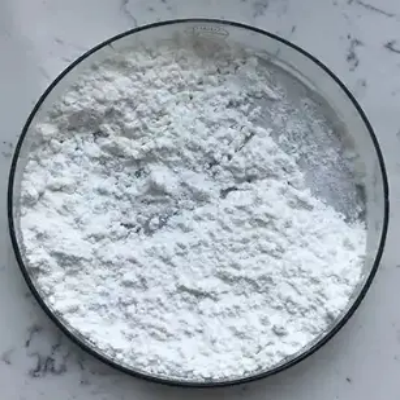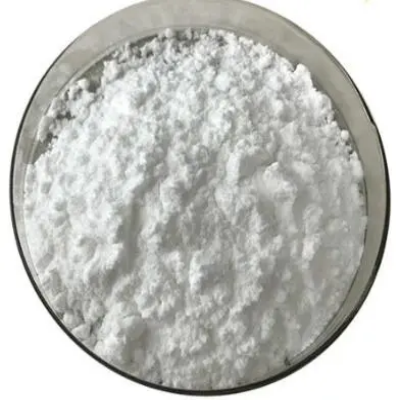Glycinamide hydrochloride CAS:1668-10-6
Glycinamide hydrochloride finds several applications across different domains: Biochemical Research: It serves as a substrate in enzymatic assays and biochemical studies to investigate metabolic pathways, protein function, and enzyme kinetics. Pharmaceuticals: Glycinamide hydrochloride is utilized in pharmaceutical research for the synthesis of potential drug candidates targeting various diseases, including cancer and metabolic disorders. Neuroscience: Researchers explore its role in neurotransmission and neuronal signaling, studying its effects on neurotransmitter release and synaptic transmission. Medicinal Chemistry: It serves as a building block for the synthesis of peptide-based drugs and pharmaceutical intermediates, contributing to drug discovery and development efforts. Nutritional Supplements: Glycinamide hydrochloride may be included in nutritional supplements for its potential health benefits, such as supporting protein synthesis and metabolism. Cosmetics: It is utilized in cosmetic formulations for its skin-conditioning properties and potential anti-aging effects, contributing to the development of skincare products. Biotechnology: Glycinamide hydrochloride finds applications in biotechnological processes, including fermentation and protein expression, as a nitrogen source and precursor molecule. Analytical Chemistry: Researchers use it as a reference standard and analytical reagent in chromatographic and spectroscopic methods for the quantification and analysis of related compounds in complex samples. Overall, Glycinamide hydrochloride serves as a valuable compound in biochemical research, pharmaceutical development, and various other fields, contributing to scientific advancements and innovation.



| Composition | C2H6ClN3O |
| Assay | 99% |
| Appearance | white powder |
| CAS No. | 1668-10-6 |
| Packing | Small and bulk |
| Shelf Life | 2 years |
| Storage | Store in cool and dry area |
| Certification | ISO. |


